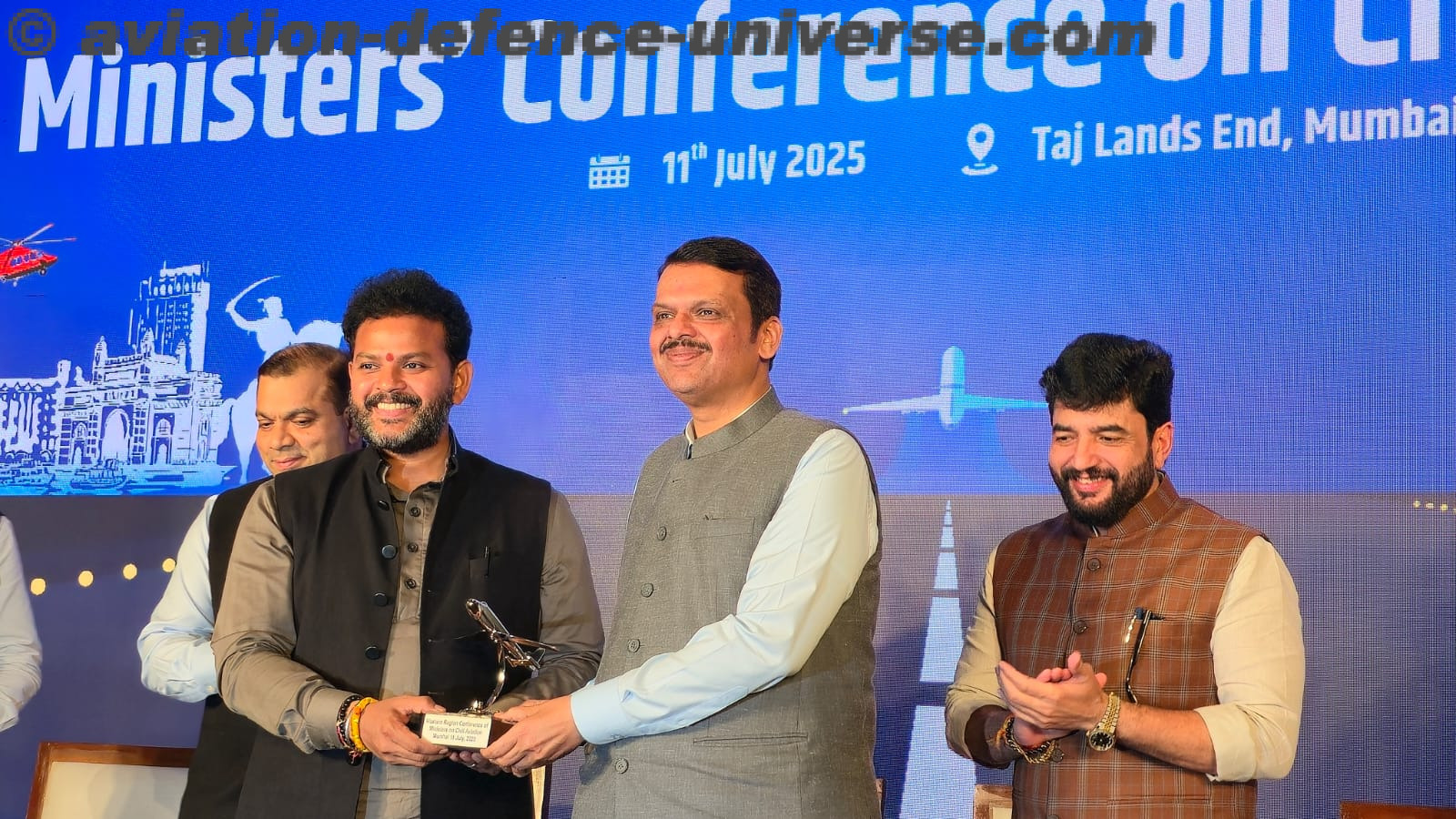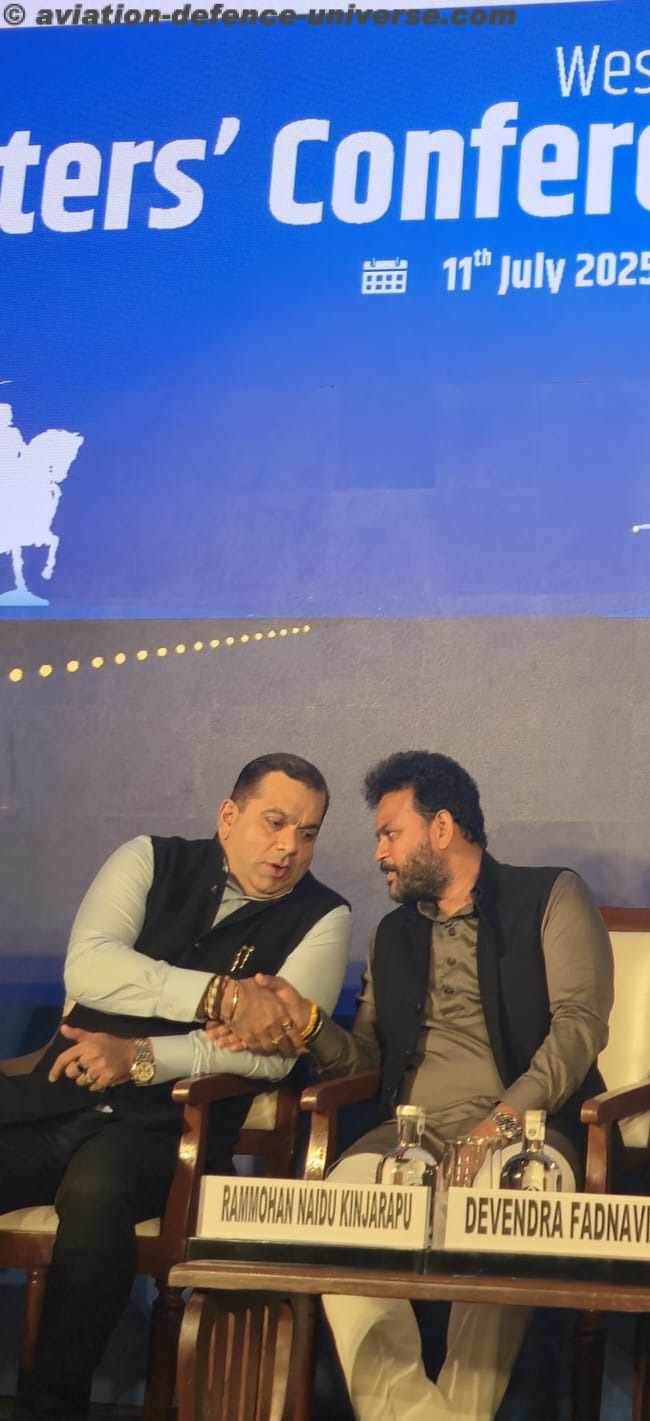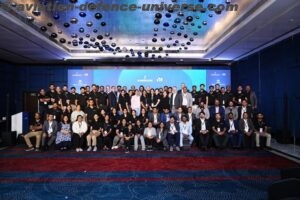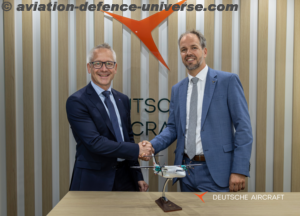Moscow. 26 November 2018. Rostec has supplied a secondary mirror for the telescope of the Indian Mount Abu InfraRed Observatory (MIRO). The mirror was produced at Lytkarino Optical Glass Factory (LZOS), one of the plants of a high-tech Holding Shvabe, at the request of the Belgian manufacturer of the telescope. The manufacturing process lasted a year and a half.
The key component of the telescope is made of astrositall. The production process comprises several stages, including milling, aspherization, computer-controlled polishing, as well as automated finishing. The mirror was certified and accepted by the customer in early November. To transport it to India, the LZOS specialists also created a special container, a cargo handling device and auxiliary equipment.
“Every suchlike mirror has its own characteristics. The distinctive features of the mirror for the Indian telescope are its special shape and surface quality. With every new contract, mathematical processing of monitoring results used for this purpose is improving and becoming more complex, as astronomers want to obtain an increasingly high-quality image and minimize scattering from the mirror,” said Alexey Patrikeev, CEO of Shvabe.
LZOS, an enterprise controlled by Rostec, is a top producer of optical glass, sitall, large astronomical mirrors and space lenses in Russia. Its share on the Russian and global market for optical materials totals 98% and 7% respectively.
“India is our traditional and long-standing partner, and we confidently expect to expand and enhance our cooperation, including in the space sector. New Delhi continues to scale up space exploration, the country’s spending in this area exceeds USD 1.2 billion per year. Today, India ranks fifth among space nations and intends to strengthen its position. In turn, Rostec is ready to offer products and technologies that our Indian customers need,” said Victor Kladov, Director for International Cooperation and Regional Policy at Rostec.
Rostec continues to implement its ambitious program to develop and promote radio-electronic products in accordance with the approved 2025 Strategy, whose main objectives are to enhance the operational efficiency, increase the share of civilian products in revenue to 50% and enter fast-growing global markets.


























































































































